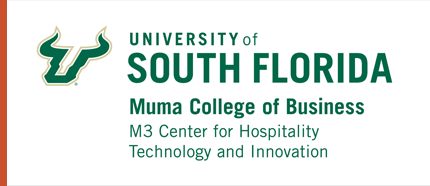Regenerative Tourism Model: Challenges of Adapting Concepts from Natural Science to Tourism Industry
Abstract
The study proposes a regenerative tourism model. The application of the natural science ideas of regeneration needs to be clarified before the tourism industry can adopt a regenerative tourism model. Without such clarification, there is a high risk of ‘green washing’ and inappropriate adaption of a regenerative model. The borrowing of natural science to industry and its application in social sciences confuse the essence of the true concept of regeneration. In a regenerative agriculture context restoring a holistic system that mimics nature and includes social and economic spheres contributes to improving the whole system. When a social system aims to mimic nature, it needs to incorporate all elements holistically: inputs, outputs and positive and negative externalities. Tourism is a complex and multifaceted industry in nature it requires a self-organisation characteristic that transforms the evolutionary process of societal development. Therefore, it requires a dynamic model which embraces uncertainty, changing global trends and shocks and recommend policy options which are holistic and future proof. The proposed regenerative tourism models rely upon an open-minded exploration, and realistic impacts in the short, medium and long-term consequences on the tourism industry. Tourism by its very nature is an extractive industry. However, holistic decisions must recognise that all elements in natural systems are interconnected so as the tourism stakeholders. It is critical to pay attention to the indicators and characteristics of ‘regeneration’ as adopted by regenerative agriculture to apply them appropriately within the tourism context. This paper examines tourism as a partial-industrialised system using an adaptive cycle model as the key element of panarchy to explain a healthy social-ecological system. Based on this, a regenerative tourism model is drawn along with the indicators of regenerative tourism to measure the degree to which a tourism product is regenerative and sustainable.
Recommended Citation
Hussain, Asif and Haley, Marie
(2022)
"Regenerative Tourism Model: Challenges of Adapting Concepts from Natural Science to Tourism Industry,"
Journal of Sustainability and Resilience: Vol. 2
:
Iss.
1
, Article 4.
Available at:
https://digitalcommons.usf.edu/jsr/vol2/iss1/4
Included in
Business Administration, Management, and Operations Commons, Environmental Studies Commons, Growth and Development Commons, Human Geography Commons, Indigenous Studies Commons, Industrial Organization Commons, Recreation Business Commons, Strategic Management Policy Commons, Tourism Commons, Tourism and Travel Commons

